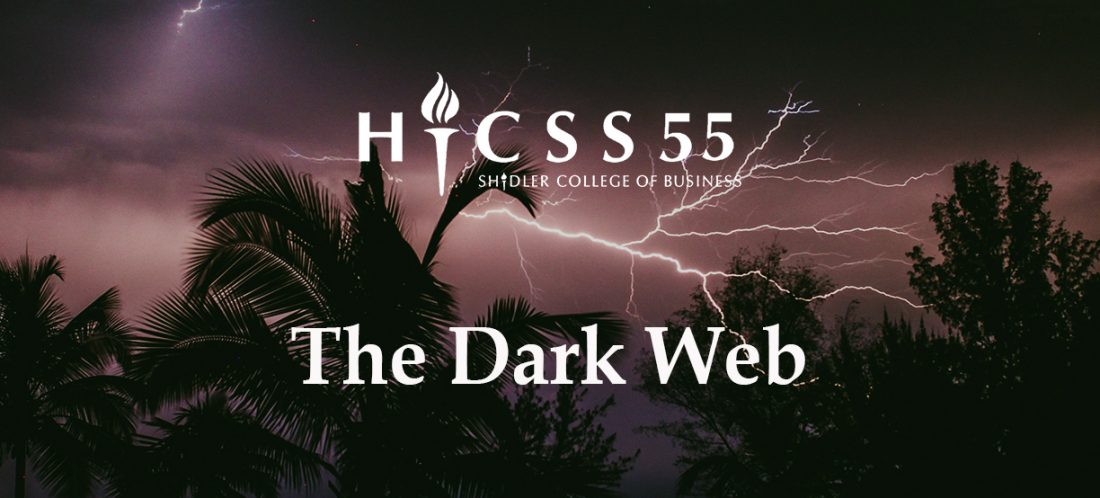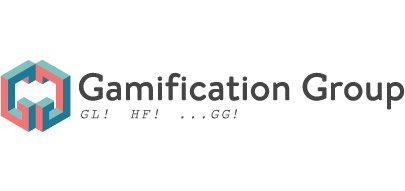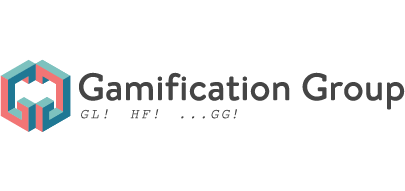
CALL FOR PAPERS: The dark web AT THE 55TH HAWAII INTERNATIONAL CONFERENCE ON SYSTEM SCIENCES

Research of the Internet as a site for communication and networking has focused mostly on the searchable (clear) web. The minitrack turns to online darknet environments, an area of the Internet accessed by tools such as onion routing (Tor), and containing anonymous web traffic that cannot be traced by normal means. As a result, it features a wide range of interests that range from progressive and benevolent to violence and disruption. The Dark Web permits almost unobservable data transfer for, e.g., military and democracy movement use, but also hosts sites that cater on one hand for abuse victims’ support groups and whistleblower data dumps, but on the other, also the distribution of drugs or child exploitation images.
How the Dark Web shapes connections and communication and how it intersects with the Clear Web has not been sufficiently explored. Although the usage of the Dark Web is reported in literature, there is a still poor understanding of the Dark Web in terms of its social, cultural, or legal dimensions, to indicate only a few aspects. Besides, the research is still scarce when it comes to specifics of designing research on the Dark Web, e.g. pinpointing crucial methodologies or research ethics.
This minitrack aim is to give insights and develop a theoretical and practical understanding of issues related to the Dark Web without excluding any methodological approaches. We welcome conceptual, theoretical, empirical and methodological papers that enrich our understanding of Dark Web as a place of communication and networking.
Topics of interest include, but are not limited to:
- Circulations of meanings, content, and identities between dark and clear web
- Offline contexts of the Dark Web
- Dark Web subcultures and communities
- Identities and demographics on the Dark Web
- Cryptomarkets and cryptocurrencies
- Dark Web deception, risk, security, and privacy
- Dark Web progressiveness and benevolence vs violence and disruption
- The role of language in shaping Dark Web interactions
- Methods and tools for the study of Dark Web and the relationship between the searchable web and the Dark Web
- Systems, tools and technologies to support darknet and Dark Web activities
- Peer support within the Dark Web
- The geopolitics of what parts of the web are perceived as “Dark”.
Authors of accepted papers have the option to fast-track extended versions of their HICSS papers either to:
Electronic Markets (papers that approach the topic of the minitrack from the perspective of the digital economy)
Internet Research (papers that approach the topic of the minitrack from the perspective of the internet), or
AIS Transactions on Human-Computer Interaction (papers that approach the topic of the minitrack from the perspective of human-computer interaction)
Important Dates:
April 15, 2021: Paper submission begins
June 15, 2021: Paper submission deadline (11:59 P.M. HST)
August 17,2021: Notification of acceptance/rejection
September 22, 2021: Deadline for authors to submit final manuscript for publication
October 1, 2021: Deadline for at least one author for each paper to register for the conference
Minitrack Co-Chairs:
J. Tuomas Harviainen (Primary Contact)
Tampere University
tuomas.harviainen@tuni.fi
Piotr Siuda
Kazimierz Wielki University in Bydgoszcz
piotr.siuda@ukw.edu.pl
Robert W. Gehl
Louisiana Tech University
rgehl@latech.edu
Juho Hamari
Tampere University
juho.hamari@tuni.fi




Sorry, the comment form is closed at this time.